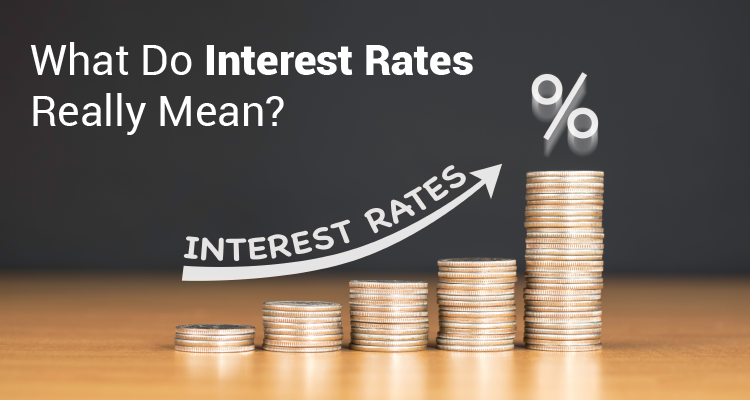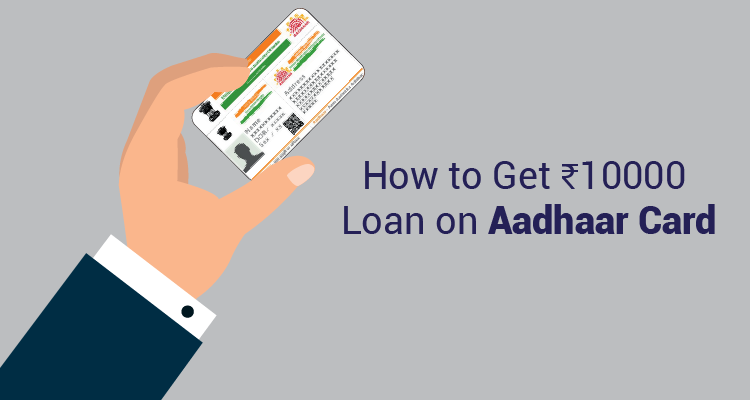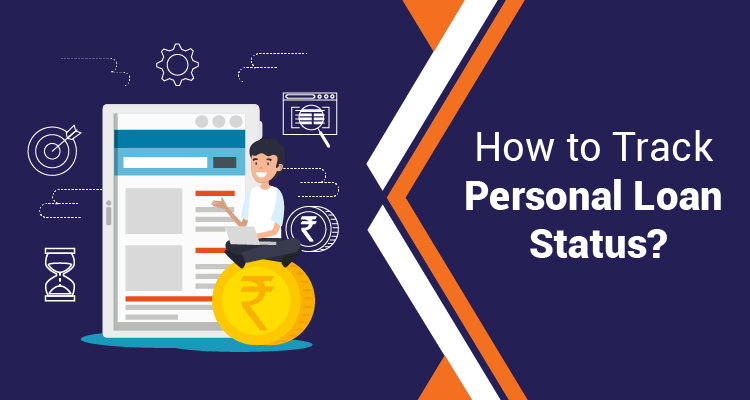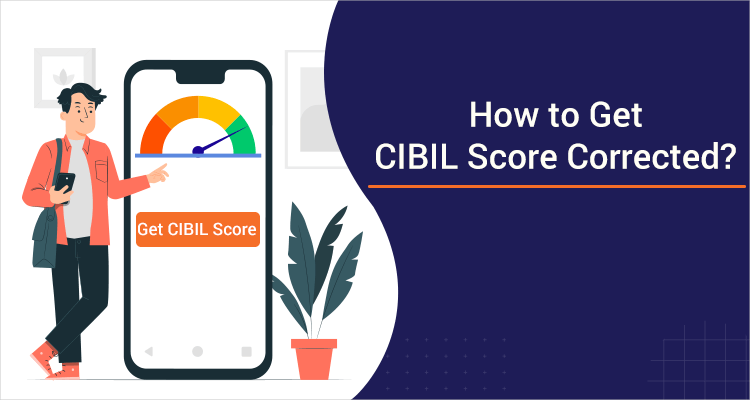What Do Interest Rates Really Mean?
Table of Contents
Interest rates are an essential aspect of any loan and are often the first thing a borrower considers when applying for one. It is the cost of borrowing money and can significantly impact the overall cost of a loan. Understanding the meaning of interest rates and their calculation is essential for making informed financial decisions.
This article delves deeper into what interest rate is and their meaning, and how they affect your loan payments. Whether you're taking out a personal loan, a mortgage or a car loan, a clear understanding of interest rates can help you make the best financial choices for your needs.
What Is An Interest Rate? - Understanding Different Interest Rates
There are different interest rates based on the calculation, payment type, etc.• Simple Interest Rate
Simple interest is a primary method of calculating the interest charge on a loan or deposit. It's the percentage of the principal amount that you pay along with the principal. In contrast to compound interest, simple interest does not consider any interest earned on the previous interest. It is a straightforward calculation based on the initial principal and interest rate.
Simple interest = principal * interest rate * time
• Compound Interest Rate
Most lenders use the compound interest method to calculate the borrower’s liability. It considers the total amount of the loan or deposit, including all accumulated interest. Then, it calculates the interest charge for the next period based on that amount.
With each period, the interest earned in the previous period will also start earning interest, leading to exponential growth over time.
Compound interest = p * [(1 + interest rate)n − 1]
where:
p = principal
n = number of compounding periods
• Floating vs. Fixed Interest Rate
A floating or adjustable interest rate changes over time in response to changes in the market. It means that the loan interest rate on a floating-rate loan can increase or decrease based on the prevailing market rates.
Zaroorat aapki. Personal Loan Humara
Apply NowA fixed interest rate remains constant over the life of the loan, regardless of market fluctuations. This makes it easier for borrowers to budget and plan their finances. However, the disadvantage of a fixed interest rate is that if market interest rates fall, the borrower may pay a higher interest rate than they would have if they had chosen a floating rate loan.
The choice between a floating and fixed interest rate will depend on the individual's financial situation, risk tolerance, and expectations for future interest rate changes.
• APR vs. APY
Consumer loan interest rates are generally presented as the annual percentage rate (APR). It represents the cost that lenders require in exchange for lending their money. For instance, the interest rate on credit cards is expressed as an APR.
On the other hand, the annual percentage yield (APY) represents the interest earned from savings accounts or CDs at a bank or credit union. Therefore, this interest rate considers compounding, reflecting the full impact of interest earned on prior interest over time.
Apply For A Loan With IIFL Finance
Whether you need a personal loan, home loan, loan against property, or a business loan, IIFL Finance has you covered. With competitive interest rates, flexible repayment options, and a seamless online application process, applying for a loan has never been easier. Don't let financial emergencies or big-ticket expenses strain your finances. Apply for a low-interest loan with IIFL Finance today and take control of your financial future.Frequently Asked Questions
Q.1: What is a personal loan interest rate?
Ans: A personal loan interest rate is the amount you must pay on your loan for personal use. The combination of the following factors determines it.
• Credit score
• The loan amount and tenure
• Economic conditions
• Lender’s cost of funds
• Competition
Q.2: What is the interest rate on a personal loan?
Ans: The interest rate on a personal loan usually ranges between 10.55 to 36% p.a. depending upon the lender, borrower’s credit score, loan amount, tenure and many other factors.
Zaroorat aapki. Personal Loan Humara
Apply NowDisclaimer : The information in this blog is for general purposes only and may change without notice. It does not constitute legal, tax, or financial advice. Readers should seek professional guidance and make decisions at their own discretion. IIFL Finance is not liable for any reliance on this content. Read more




